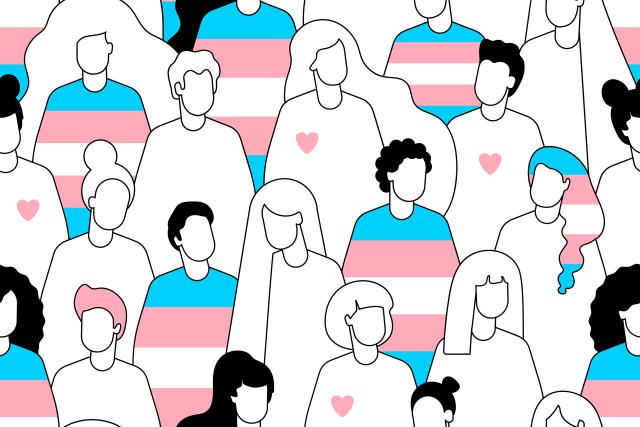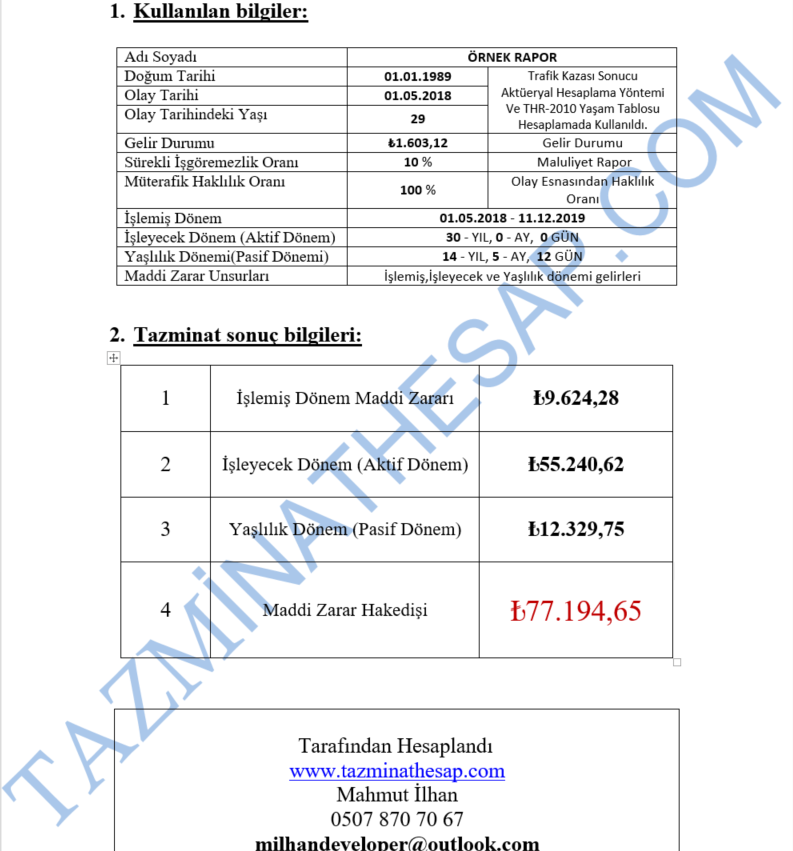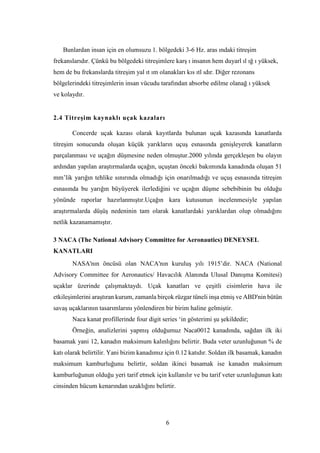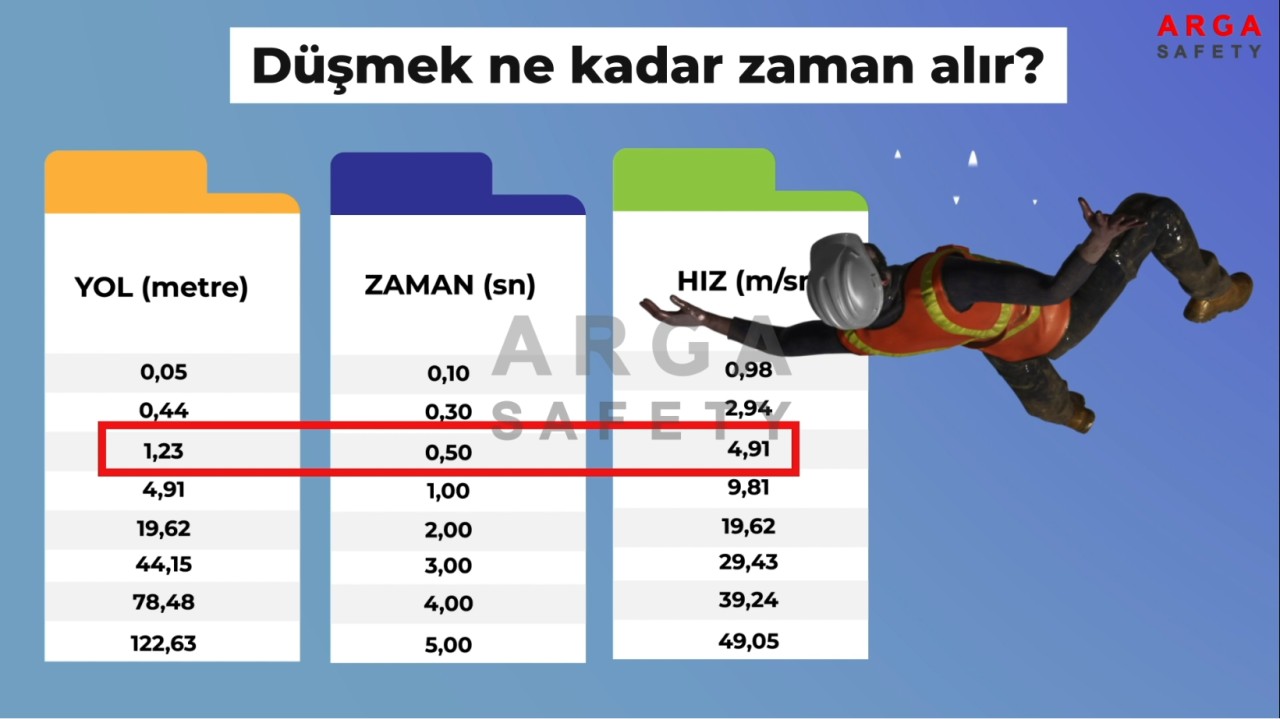The UK's Legal Definition Of Woman: Implications For Transgender Rights And Sex-Based Legislation

Table of Contents
The Current Legal Landscape: A Patchwork of Definitions
The UK currently lacks a unified, statutory definition of "woman." Instead, the legal understanding of "woman" varies significantly depending on the specific area of law. This patchwork approach leads to inconsistencies and challenges in applying the law fairly and consistently. Different interpretations arise in equality legislation, healthcare, criminal law, and other areas. This ambiguity creates a fertile ground for legal disputes and uncertainties.
-
The Gender Recognition Act 2004 (GRA): While the GRA allows transgender individuals to obtain a Gender Recognition Certificate (GRC), granting legal recognition of their acquired gender, it doesn't explicitly define "woman" outside of this specific context. The GRA’s limitations, particularly its requirements and its impact on existing sex-based legislation, have been subject to considerable debate.
-
Case Law: Numerous court cases have grappled with the definition of "woman," often with conflicting outcomes depending on the specific circumstances and the interpretation of relevant legislation. These cases highlight the ongoing need for greater legal clarity.
-
Government Policies and Guidelines: Different government departments and agencies frequently employ differing interpretations of "woman" in their policies and guidelines. This inconsistency further complicates the legal landscape and can lead to confusion and unequal application of the law.
-
Single-Sex Spaces: The lack of a clear definition is particularly problematic in the context of single-sex spaces, such as bathrooms, changing rooms, and refuges. The debate surrounding access to these spaces for transgender individuals underscores the urgent need for a more precise and legally robust definition of "woman."
Implications for Transgender Rights
The absence of a clear legal definition of "woman" significantly impacts the rights and recognition of transgender individuals. It creates a tension between their gender identity and the sex assigned at birth, leading to numerous challenges in accessing services and protections intended for women.
-
Access to Services: Transgender women often face barriers in accessing healthcare, social services, and other provisions specifically designed for women. The lack of a clear definition of "woman" can lead to exclusion and discrimination.
-
Legal Arguments: Court cases involving transgender rights frequently hinge on the interpretation of "woman" within relevant legislation. The inconsistencies in these interpretations highlight the inherent flaws in the current legal framework.
-
Participation in Sport: The definition of "woman" is also central to debates surrounding transgender individuals' participation in women's sports. The discussion revolves around fairness, inclusion, and the potential impact on competitive balance.
-
Amending the GRA: The ongoing debate concerning the reform or replacement of the GRA exemplifies the urgent need to address the legal ambiguities surrounding the definition of "woman" and its implications for transgender rights.
Sex-Based Legislation and the Definition of Woman
The lack of a clear legal definition of "woman" also undermines legislation designed to protect women and address gender inequality. This ambiguity creates the potential for both excluding cisgender women and inadvertently harming them.
-
Impact on Protective Legislation: The imprecise definition impacts legislation related to domestic violence, sexual assault, and reproductive rights. The inability to clearly define "woman" can hinder the effective implementation of such vital protections.
-
Exclusion of Cisgender Women: The lack of clarity can unintentionally exclude cisgender women from benefits and protections intended specifically for them. This unintended consequence underscores the need for a more precise definition.
-
Arguments for a Precise Definition: Advocates for a more precise legal definition argue that it is necessary to ensure the effective implementation of sex-based legislation and to provide clarity and consistency in the application of the law.
-
Potential Unintended Consequences: Conversely, critics argue that a rigidly defined legal definition could lead to unintended negative consequences, potentially exacerbating existing inequalities and further marginalizing certain groups.
The Debate Surrounding Self-Identification
A central element of the ongoing discussion revolves around self-identification versus biological sex as the basis for defining "woman." This debate explores the ethical and practical implications of each approach for accessing women's services and spaces.
-
Ethical and Practical Implications: Allowing self-identification presents challenges in ensuring the safety and protection of cisgender women, especially in single-sex spaces, while solely relying on biological sex might negate the lived experiences and identities of transgender individuals.
-
International Comparisons: Examining how other countries address the legal definition of "woman" offers valuable insights and alternative approaches to the UK's current situation.
-
Potential for Compromise: Finding a legal approach that respects both transgender rights and the need for clarity in sex-based legislation requires a search for compromise and alternative models.
Conclusion
The UK's current lack of a clear legal definition of "woman" presents significant challenges for both transgender rights and sex-based legislation. This ambiguity demands careful consideration of its implications for all individuals. The ongoing debate requires a nuanced approach balancing legal clarity with the protection of fundamental rights. Further discussion and legislative review of the UK legal definition of woman are crucial to ensure fairness, equality, and clarity within the legal framework. We encourage readers to actively engage in this critical discussion and help shape a more equitable and inclusive legal system. The development of a clear and just UK legal definition of woman is paramount for the future.

Featured Posts
-
 Hagia Sophia Exploring The Endurance Of A Byzantine Masterpiece
Apr 29, 2025
Hagia Sophia Exploring The Endurance Of A Byzantine Masterpiece
Apr 29, 2025 -
 Jeff Goldblums Revelation The One Thing He Never Experienced
Apr 29, 2025
Jeff Goldblums Revelation The One Thing He Never Experienced
Apr 29, 2025 -
 Update Search Continues For Missing British Paralympian In Las Vegas
Apr 29, 2025
Update Search Continues For Missing British Paralympian In Las Vegas
Apr 29, 2025 -
 Los Angeles Palisades Fire A List Of Celebrities Who Lost Homes
Apr 29, 2025
Los Angeles Palisades Fire A List Of Celebrities Who Lost Homes
Apr 29, 2025 -
 Trumps Potential Pardon For Pete Rose A Look At The Mlb Betting Ban
Apr 29, 2025
Trumps Potential Pardon For Pete Rose A Look At The Mlb Betting Ban
Apr 29, 2025
Latest Posts
-
 Obrushenie Gorki Postradavshie V Tyumeni Otkazalis Ot Gosudarstvennoy Pomoschi
Apr 30, 2025
Obrushenie Gorki Postradavshie V Tyumeni Otkazalis Ot Gosudarstvennoy Pomoschi
Apr 30, 2025 -
 Nevsehir De Meydana Gelen Kayma Kazasi Yueksekten Duesme Sonucu Yaralanma
Apr 30, 2025
Nevsehir De Meydana Gelen Kayma Kazasi Yueksekten Duesme Sonucu Yaralanma
Apr 30, 2025 -
 Yueksekten Duesme Kazasi Nevsehir De Goeruenmez Tehlike
Apr 30, 2025
Yueksekten Duesme Kazasi Nevsehir De Goeruenmez Tehlike
Apr 30, 2025 -
 Nevsehir De Olusan Goeruenmez Kaza Yueksekten Duesme
Apr 30, 2025
Nevsehir De Olusan Goeruenmez Kaza Yueksekten Duesme
Apr 30, 2025 -
 Tyumen Obrushenie Gorki Postradavshie Otkazyvayutsya Ot Pomoschi
Apr 30, 2025
Tyumen Obrushenie Gorki Postradavshie Otkazyvayutsya Ot Pomoschi
Apr 30, 2025
